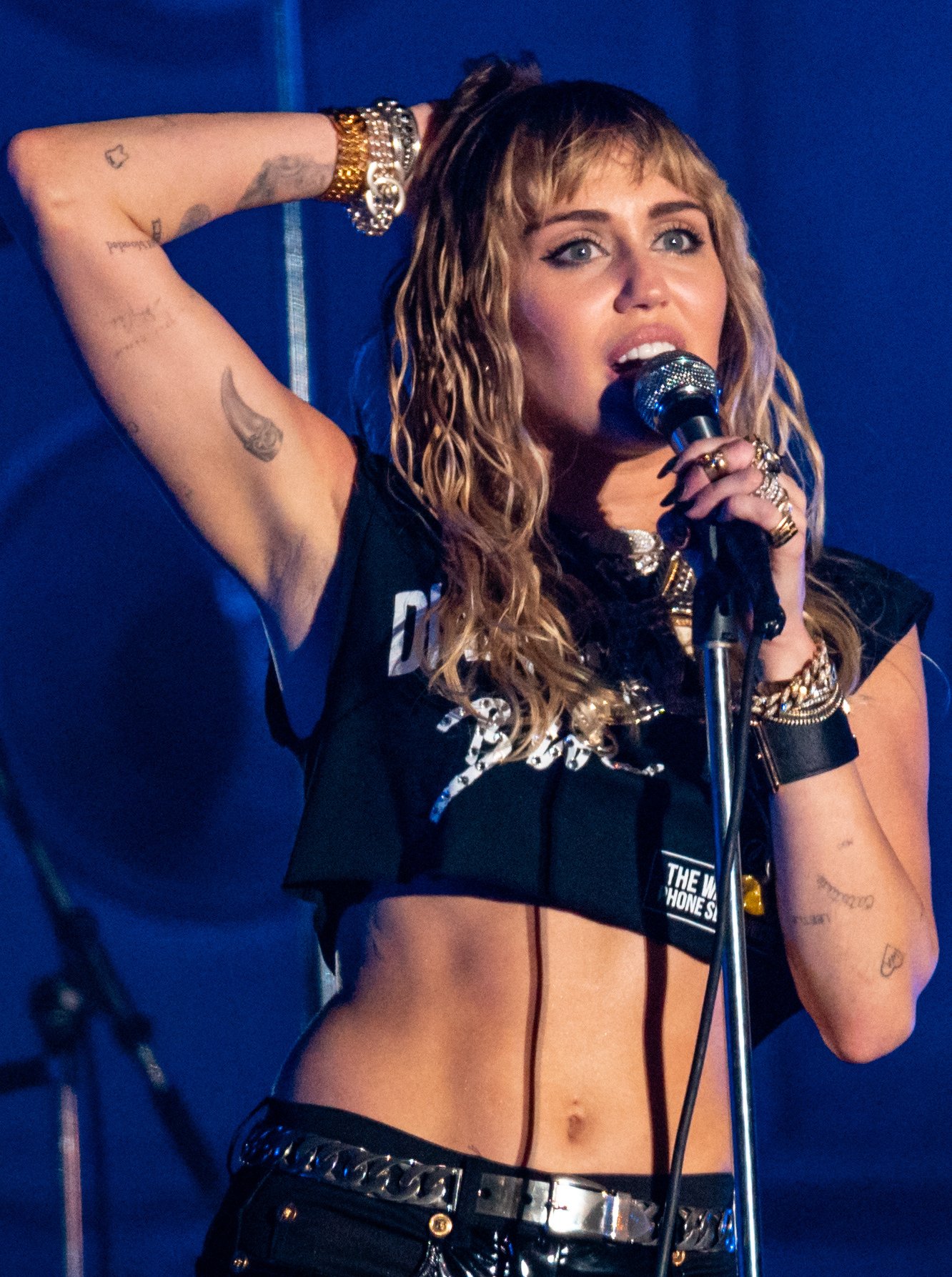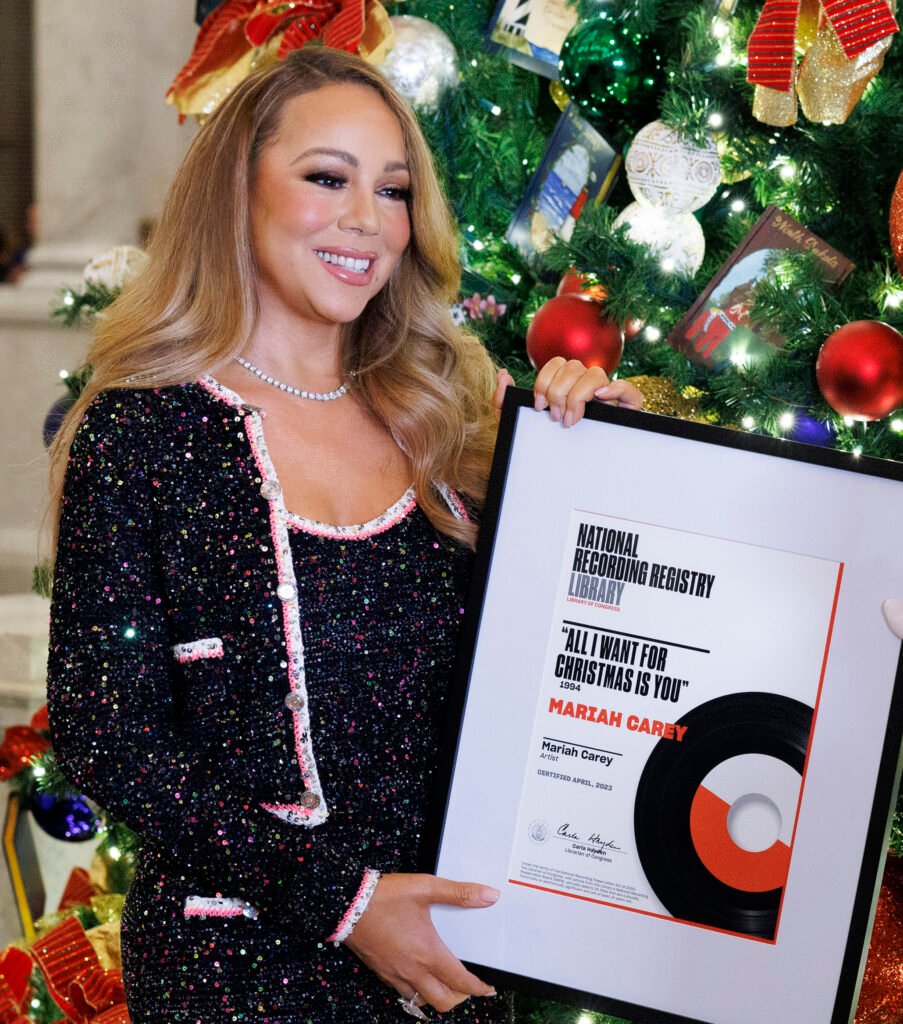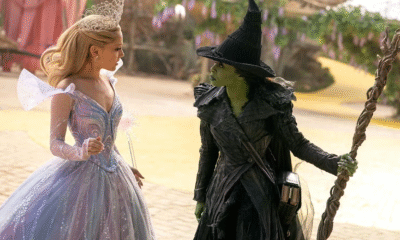Related: Hollywood’s Sexual Misconduct Scandals
Advertisement
Peter Kramer/Getty Images
WWE’s Vince McMahon has resigned from the TKO Group amid his sexual assault, trafficking and abuse lawsuit.
McMahon, 78, announced Friday, January 26, that he is stepping down from his role of executive chairman at the media conglomerate that was created by Endeavor Group Holdings as part of a merger between the World Wrestling Entertainment (WWE) and the Ultimate Fighting Championship (UFC) last year. The news comes just one day after former WWE staffer Janel Grant claimed she was a victim of “physical and emotional abuse, sexual assault and trafficking” during her employment under McMahon.
“Out of respect for the WWE Universe, the extraordinary TKO business and its board members and shareholders, partners and constituents, and all of the employees and Superstars who helped make WWE into the global leader it is today, I have decided to resign from my executive chairmanship and the TKO board of directors, effective immediately,” McMahon shared in a statement to Us Weekly on Friday.
McMahon, who previously denied the allegations made by Grant, added, “I stand by my prior statement that Ms. Grant’s lawsuit is replete with lies, obscene made-up instances that never occurred, and is a vindictive distortion of the truth. I intend to vigorously defend myself against these baseless accusations, and look forward to clearing my name.”
Us obtained documents on Thursday, January 25, in which Grant alleged that McMahon displayed an “increasing lack of boundaries” after they met in 2019, claiming he would greet her “in his underwear, touched her, repeatedly asked for hugs, and spent hours sharing intimate details about his personal life.”
According to Grant, McMahon “pushed” her to engage in a physical relationship in exchange for a job at WWE. Because she allegedly feared “negative consequences” if she turned him down, she claims she ultimately “[succumbed] to the pressure.”
McMahon also allegedly shared sexually explicit photographs of Grant with other men within the WWE, had “increasingly depraved sexual demands” and coerced her into having sex with other staffers at the company headquarters during working hours. This included WWE general manager John Laurinaitis, who was also named in the lawsuit along with the corporation as a whole.
Grant claimed the WWE knew about the “wrongdoing” and attempted to cover it up, with McMahon attempting to silence her with a nondisclosure agreement. McMahon also allegedly “attempted to traffic her to a WWE star.”
After the news made headlines, TKO claimed that they were “internally” addressing the situation. “Mr. McMahon does not control TKO nor does he oversee the day-to-day operations of WWE,” a TKO spokesperson told Us in a statement on Thursday. “While this matter pre-dates our TKO executive team’s tenure at the company, we take Ms. Grant’s horrific allegations very seriously and are addressing this matter internally.”
A spokesperson for McMahon, meanwhile, called Grant’s allegations “lies, obscene made-up instances that never occurred, and a vindictive distortion of the truth,” adding that the pro wrestler will “vigorously defend himself.”
This is not the first time McMahon has faced sexual assault charges. In June 2022, a former employee accused him of paying a $3 million settlement to cover up an alleged affair. Vince, who has been married to wife Linda McMahon since 1966, denied the claims at the time before voluntarily stepping down as CEO of WWE during an internal investigation. Vince’s daughter, Stephanie McMahon, served as co-CEO and chairwoman of the board of directors following her father’s exit. She resigned from the company less than a week after his return in January 2023.
If you or someone you know has been sexually assaulted, contact the National Sexual Assault Hotline at 1-800-656-HOPE (4673)
Peter Kramer/Getty Images WWE’s Vince McMahon has resigned from the TKO Group amid his sexual assault, trafficking and abuse lawsuit. McMahon, 78, announced Friday, January 26, that he is stepping down from his role of executive chairman at the media conglomerate that was created by Endeavor Group Holdings as part of a merger between the
Us Weekly Read More

Miley Cyrus is officially off the market: the pop superstar is engaged to musician Maxx Morando after four years together, and the speculation about “that ring” has finally been put to rest. The engagement caps a quietly steady relationship that has unfolded mostly out of the spotlight, marking a new chapter for Miley after years of highly public romances.
Reports from major entertainment outlets confirm that Cyrus and Morando are engaged following her recent red-carpet appearance in Los Angeles.
Observers noticed a new diamond ring on her left-hand ring finger, and sources close to the singer have since confirmed that the jewelry is indeed an engagement ring. The news comes after days of online buzz and fan speculation, which began almost as soon as photos from the event hit social media.
Maxx Morando is a drummer and musician who has performed with bands like The Regrettes and has also worked as a producer and collaborator behind the scenes. He and Miley were first linked in late 2021, reportedly after meeting through mutual friends and hitting it off on a low-key first date that eventually grew into a long-term relationship. The pair have kept things relatively private, appearing together at select fashion shows, award events, and premieres rather than turning their romance into constant social-media content.
The ring that set the internet on fire features a cushion-cut diamond set on a chunky yellow gold band, a bold, fashion-forward design that fits Cyrus’s eclectic style. The piece is reported to be by designer Jacquie Aiche, whose jewelry is frequently worn by celebrities and known for mixing bohemian influences with luxury materials. Commentators note that the thick band and substantial stone are in line with the current trend toward statement engagement rings that feel modern and personal rather than traditional and dainty.
Longtime fans who have watched Miley grow from Disney Channel star to Grammy-winning artist see this engagement as another milestone in her evolution. On social platforms, many have highlighted how different this relationship feels compared with her past, pointing to the couple’s low-key approach and shared creative interests as signs of a more grounded partnership. Others are already speculating about wedding plans, guest lists, and whether the singer might channel her “Flowers” era energy into a bridal look that breaks all the rules.
Cyrus has spent the last few years redefining herself musically and personally, from the success of “Flowers” to acclaimed live performances and a more polished public image. This engagement to Morando reinforces that arc, presenting her as an artist who has found balance between rebellion and stability, independence and partnership. While no wedding details have been announced yet, the announcement alone ensures Miley and Maxx will remain at the center of pop culture conversations for months to come.

Mariah Carey did not just land a Christmas hit; she locked in a seasonal paycheck for life. Every year, All I Want for Christmas Is You is estimated to pull in somewhere between 2.5 and 3.3 million dollars in royalties, from streaming, radio, licensing, and all those store playlists that flip her on the second the Halloween decorations come down. Over three decades, that adds up to tens of millions tied to a single song, turning one holiday anthem into a textbook example of how a perfectly timed pop track can become a retirement plan in glitter.

What keeps it so sticky is how audiences respond to it emotionally. Fans describe the song as an instant mood-lifter: the kind of track that makes people abandon their carts in Target, sing in the dairy aisle, or scream the chorus in the car like a full-blown music video moment.
People love the mix of old-school Motown-style production, sleigh bells, and Mariah’s big, joyful vocals—it feels nostalgic without sounding dated, and romantic without being corny to most listeners.
For a lot of millennials and Gen Z, hearing that opening piano riff is the unofficial signal that the holidays have “officially started.”
Of course, the obsession is loud enough that the backlash is, too—but even the complaints prove its impact. Some listeners say they are tired of hearing it everywhere, from October onward, but that is partly because it dominates every Christmas playlist, radio rotation, and TikTok trend. Whether people are passionately belting it out or dramatically rolling their eyes, the engagement keeps the streams flowing—and the royalties stacking. Love it or hate it, All I Want for Christmas Is You has become the soundtrack to December, and Mariah collects a festive multimillion-dollar “thank you” every single year.

The Grinch didn’t just steal Christmas—he stole the box office. The 2018 animated film The Grinch turned holiday chaos into serious cash, grossing around $540 million worldwide on a modest $75 million budget, making it the highest‑grossing Christmas movie of all time. That is more than seven times its production cost, which is the kind of holiday return every studio dreams about.

Meanwhile, the 2000 live‑action How the Grinch Stole Christmas with Jim Carrey laid the groundwork for this green empire. That version pulled in roughly $345–347 million worldwide on a $123 million budget, turning a prickly Dr. Seuss villain into a perennial box‑office player and a meme‑ready holiday icon. The nostalgia around Carrey’s performance is a big part of why audiences were ready to show up again almost two decades later.
The 2018 film did not just earn big—it earned smart.
It opened to more than $$67 million domestically in its first weekend and kept playing steadily through November and December, ultimately pulling in about $272 million in the U.S. and roughly $267 million internationally.
Then there is the profit. Trade estimates peg the film’s net profit in the neighborhood of nearly $185 million once theatrical revenue, home entertainment, and TV/streaming deals are baked in. That is before counting years of reruns, licensing, and holiday programming packages—every December, the Grinch gets another quiet deposit while everyone else is wrapping gifts.
Here is how the Grinch stacks up against other Christmas heavyweights by worldwide box office:
| Film | Year | Worldwide Gross (approx.) | Notes |
|---|---|---|---|
| The Grinch (animated) | 2018 | $510–540 million | Highest‑grossing Christmas movie ever |
| Home Alone | 1990 | ~$476 million | Longtime champ, now second place |
| How the Grinch Stole Christmas (live‑action) | 2000 | ~$345–347 million | Built the modern Grinch brand |
| The Polar Express | 2004 | ~$315 million | Holiday staple, trails both Grinch movies |
Different sources list slightly different totals, but they all agree: the 2018 Grinch sits at the top of the Christmas money mountain.
The secret sauce is that the Grinch is more than a movie—he is a business model. Every version of this character hits a different emotional lane: Jim Carrey’s 2000 Grinch is pure chaotic energy and quotable nostalgia, while the 2018 Grinch is softer, cuter, and perfectly engineered for modern families and global audiences. Together, they keep the character relevant across generations, which is exactly what studios want from an evergreen holiday IP.
On top of box office and home sales, the character feeds theme‑park attractions, holiday events, branded specials, apparel, toys, and seasonal marketing campaigns. The Grinch went from “I hate Christmas” to “I own Christmas,” quietly turning grouchiness into one of the most profitable holiday brands on the planet.


Wicked Sequel Disappoints Fans: Audience Verdict on For Good


After Party: Festival Winner for Best Romantic Short


Camp Wackapoo – Rise of Glog Takes Center Stage
Yolanda Adams Questions Traditional Views on God’s Gender, Audience Reacts


Francisco Ramos Takes Top Mockumentary Award at Houston Comedy Film Festival


Trump’s $2,000 Tariff Dividend Plan: Who Gets Paid?


Mamdani’s Victory Triggers Nationwide Concern Over New York’s Future


Why China’s 2-Minute Micro Dramas Are Poised To Take Over The U.S.